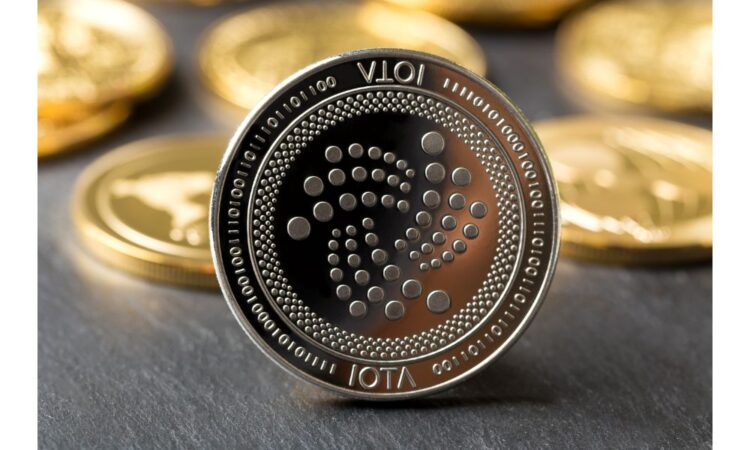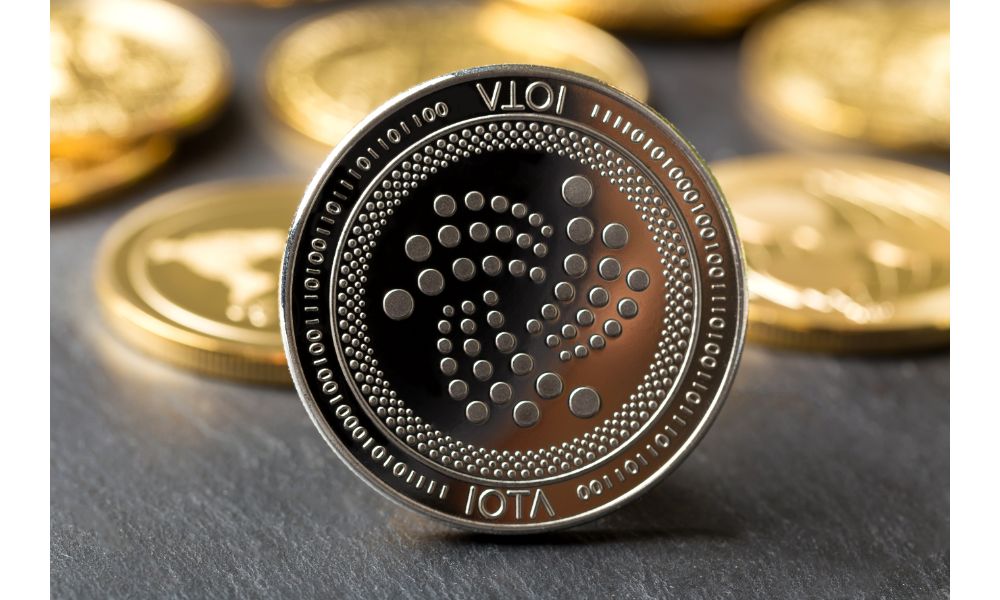IOTA and EU Create Position Paper for the Future of Smart Contracts, Digital Identiy and Supply Chain Management


- IOTA and other blockchains joined the EUCI to create a position paper.
- The paper address concerns surrounding the EU’s Data Act and its potential impact on smart contracts.
The European Crypto initiative (EUCI) took to Twitter recently to note the importance of the Data Act, which is intended to increase the amount of data available for usage, while also creating rules on who can access and utilize what data for what purposes across all economic sectors in the EU.
According to tweets from the EUCI the Data Act is significant in the regulation of Smart Contracts and making sure that the ecosystem thrives.
The EUCI is reiterating its commitment towards advocacy for policies designed to fuel innovation and in the Web3 landscape. To this effect, it has outlined some of its concerns on the legal clarity and the scope of the Data Act. Notably, IOTA, a leading open-source, scalable and feeless blockchain was invited to contribute to the position paper.
The Data Act is a key step in defining and regulating #smartcontracts and ensuring a thriving blockchain ecosystem in sectors like digital identity, supply chain management, NFTs & DeFI. Thank you @EUCI for inviting us to contribute to this position paper!#IOTA https://t.co/z5wjD5OLd0
— IOTA (@iota) April 28, 2023
The EUCIs proposes different recommendations
Due to the fact that the Data Act offers a large benefit for the data-driven information, Article 30 of the Data Act might pose issues for the blockchain industry. Although that section of the article states the legal necessities for Smart Contracts in the context of data sharing, and the phrasing appeals to the Web3 and Blockchain community, the EUCI insists that it is very likely that Distributed Ledger Technology (DLT) and crypto might be affected by the Data Act’s application, despite the section incorporating the most fundamental components of DLT.
“Although the three proposals for the Data Act text, made by the EU co-legislators, differ significantly in some parts, all three versions can be seen as a cause of concern. For example, both the European Commission’s and the Council’s versions have a definition of a “smart contract”, which, if adopted, might influence the interpretation and application of other EU regulations.” EUCI wrote.
The EUCI went on to explain that no direct consensus exists around the term “smart contracts”, despite the term gaining attention for its potential use cases. The term is a niche term that particularly refers to the code that utilizes DLT to carry out orders.
No spam, no lies, only insights. You can unsubscribe at any time.
“We are concerned that the current scope and wording of the Data Act may inadvertently encompass smart contracts based on DLT, which by their inherent nature and design, may prove difficult or even impossible to comply with certain requirements proposed in the Data Act and may hinder the development of this novel technology, which the Union seeks to support.” The EUCI added.
Conclusively, the EUCI, in its Data Act Position paper asked co-legislators to consider negative ways in which smart contract regulation without distinctions is harmful. The position proposed recommendations centering adoption of terminology and replacement of certain terms, as well as clear distinctions between the various types of Smart Contracts.
Crypto News Flash does not endorse and is not responsible for or liable for any content, accuracy, quality, advertising, products, or other materials on this page. Readers should do their own research before taking any actions related to cryptocurrencies. Crypto News Flash is not responsible, directly or indirectly, for any damage or loss caused or alleged to be caused by or in connection with the use of or reliance on any content, goods, or services mentioned.






